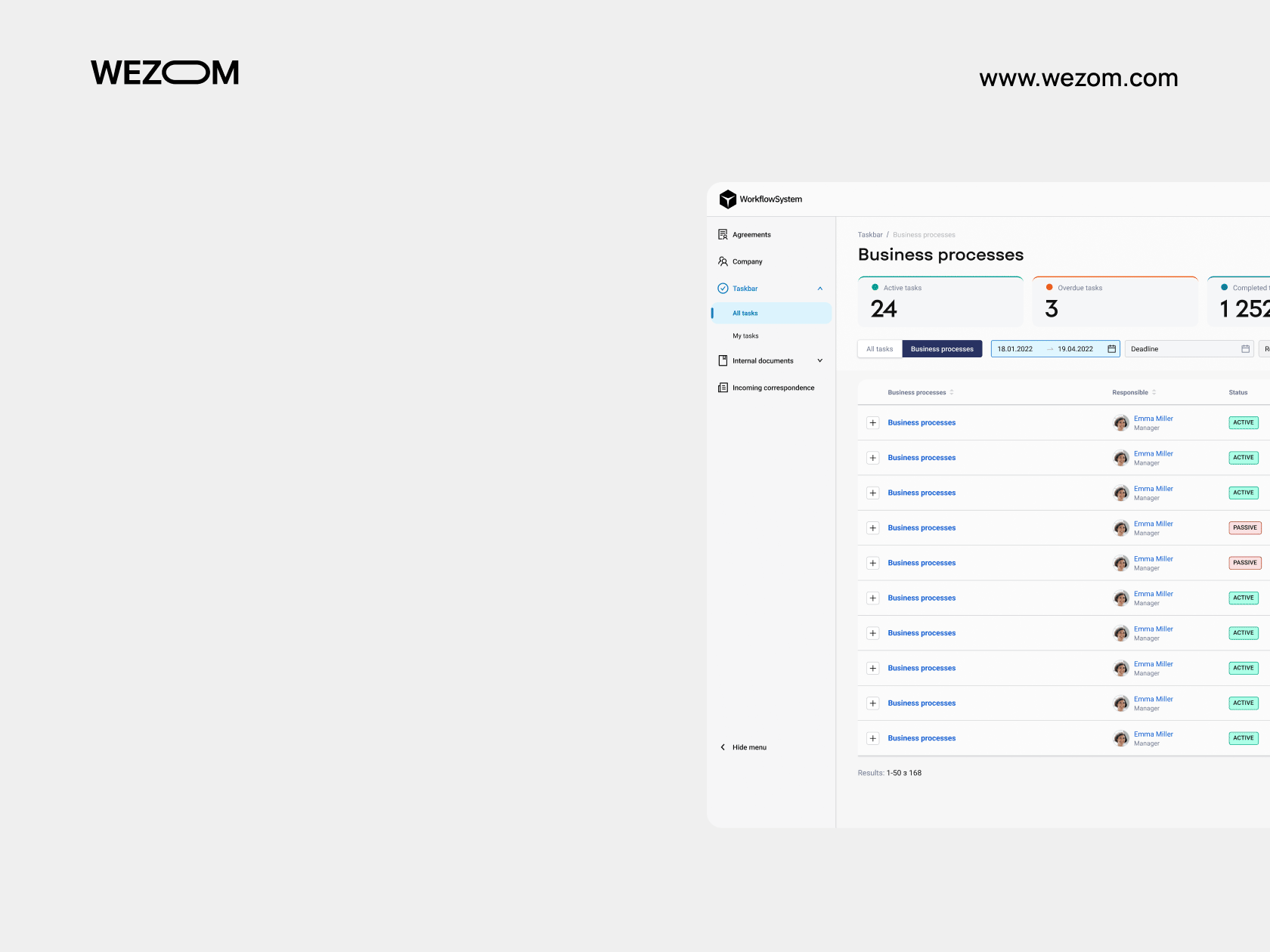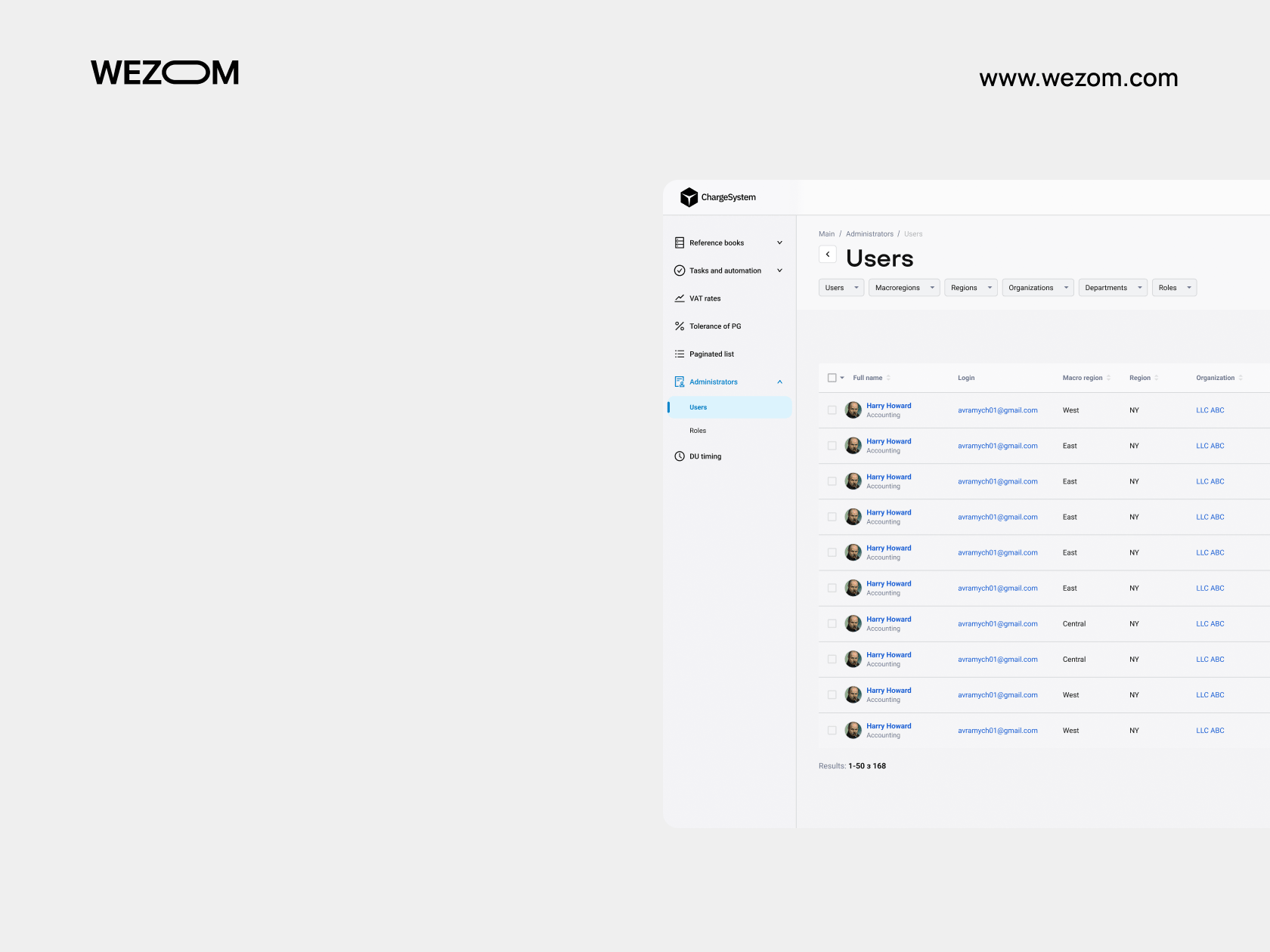Energy and utilities are extremely important to ensure a comfortable human life. At the same time, in an era of rapid development of renewable energy production, the challenge of decarbonizing the global energy system remains. With the energy and utility industries facing obstacles such as fluctuating demand, aging infrastructure, and global climate change, the adoption of innovative technologies is becoming urgent.
Today, we will look at how generative AI can help eliminate the problems these industries face and at examples of using artificial intelligence in energy and utilities.
How AI Can Enhance Energy & Utilities Industries?
Below we will look at examples of how AI for utilities and energy can influence the development of these industries.

Grid Performance and Management Improving
One use case for generative AI is that it can be used to optimize the management of utility and energy grids. So, AI can analyze vast amounts of data, such as performance indicators, load distribution, etc. Thanks to such AI functions, companies can optimize grid efficiency, identify patterns, and make informed decisions related to grid operation.
This way, you can predict and prevent performance issues and optimize resource allocation and grid configurations. The capabilities of artificial intelligence in energy allow you to distribute loads evenly based on demand data that is read in real-time. Based on this, you can ensure minimal overloads and optimal performance while minimizing service interruptions.
Enhancing Renewable Energy Integration and Management
In today's reality, wind and solar energy are becoming more common and essential for reducing pollution on our planet. Thanks to generative utility AI, companies can receive information that will help analyze demand patterns data related to energy sources and resource availability. AI algorithms can accurately predict energy production based on historical data and weather forecasts. In this way, companies can optimize energy production and reduce environmental pollution.
Improving Demand Forecasting and Resource Allocation
One of the critical aspects for utilities and energy companies is demand forecasting. With accurate data, they can reduce costs, allocate resources efficiently, and ensure cities have stable electricity connections.
Thus, generative AI allows energy companies to collect and process vast amounts of accurate data based on weather conditions, socio-economic factors, and historical resource consumption patterns. Based on this, companies can minimize energy losses, better control peak loads on the grid, and optimize resource allocation. This way, developing utility software can help companies improve grid reliability and stability while reducing costs.
Intelligent Infrastructure Planning and Deployment
Generative AI in the energy sector allows companies to look at infrastructure more thoroughly. This way, they can make more informed decisions about planning and resource allocation for future capacity needs through deep data analysis and the generation of models of different configurations.

Streamlining Operations and Maintenance with AI-Driven Automation
Like any other raw material industry, the energy industry has routine tasks that generative AI can help solve. For example, artificial intelligence can make grid monitoring more accessible and detect faults and their causes, allowing people to focus on more valuable tasks.
Moreover, the impact of AI on the HR sector can help companies quickly find and hire experts. Based on this, AI will enable companies to focus on predicting and preventing equipment breakdowns, minimizing downtime, and increasing grid performance. This way, by creating an energy management platform companies can reduce costs and improve grid stability and reliability while remaining competitive.
Boosting Revenue Generation with AI-Driven Personalization and Analytics
Generative artificial intelligence in renewable energy can analyze data on customer preferences and create personalized advertising offers that increase conversion and customer loyalty. Among other things, the data that AI processes can help energy and utility companies discover market segments that they are not using, improve the quality of services provided, and optimize energy prices.
Top 3 Startups Deploying AI for the Utility Industry
Next, let's look at three examples of how utility companies have successfully integrated generative AI into their workflow.
Blicker
Many factors lead to erroneous meter readings, for example, bad-quality photos. This creates confusion and problems with correct billing. Dutch startup Blicker is developing an artificial intelligence-based meter reading assistant. This tool allows you to convert visual information obtained from a photo of the meter into correct data.
Blicker also collects other helpful information, such as the serial number of the meter, its type, year of manufacture, and power. This way, utility companies can improve operational efficiency and communication with consumers. For example, if an incorrect counter is photographed, the tool instantly informs the user about it.
VODA.ai
Leaks in pipes lead to losing valuable resources and expensive repair work. At the same time, it isn't easy to predict the time when this or that pipe will become unusable because they are often located in walls or underground. VODA.ai is an American startup that uses AI to detect faulty water pipes.
The tool evaluates data collected from utilities, satellite imagery, land use, and soil information. So VODA.ai estimates the probability of each pipe breaking and distributes them into risk categories such as 12 months and 5-10 years.
SiteSee
Energy companies service many different types of equipment, such as towers, beams, and insulators. At the same time, standard verification methods involve high costs, risks, and a lot of work. Australian startup SiteSee provides automated audits of energy infrastructure through the power of AI. The tool recreates digital models of energy objects thanks to reality modeling methods. Moreover, using machine learning, SiteSee detects factory conditions and detects damage to power equipment.
Our Case Study
Let’s have a look at our case of implementing a generative AI to make business work faster and better.

Cooper & Hunter is a world-renowned manufacturer of air conditioners. The company was faced with a problem processing service requests. Their managers were forced to write down equipment serial numbers dictated by clients manually. The idea was to automate and simplify this process.
Thus, the company was asked to build an online telephony infrastructure, create a web application to manage the VoIP telephony platform, manage service call processing, and implement voice recognition using AI into the platform. After turning all the ideas into reality, Cooper & Hunter employees saved dozens of hours of work time, and clients received fast and high-quality service. Read our case to find out how our software solution was made.
Final Thoughts
Generative AI can become an indispensable assistant for energy and utility companies, especially when exploring advanced machine learning use cases in oil and gas to optimize operations and decision-making. Thus, artificial intelligence can accelerate the adoption of innovative solutions in the field of renewable energy and help in demand forecasting, grid management, and planning. AI also allows companies to optimize financial costs and increase the efficiency of energy production and distribution. Thus, companies that are bold enough to take advantage of all the valuable features of generative AI will be able to ensure prosperity in the rapidly changing field of energy and utilities.
If you want to implement generative AI into your workflows, feel free to contact us. Our team has many years of experience working with artificial intelligence. Thus, we will quickly and efficiently create a solution that will simplify your work.
